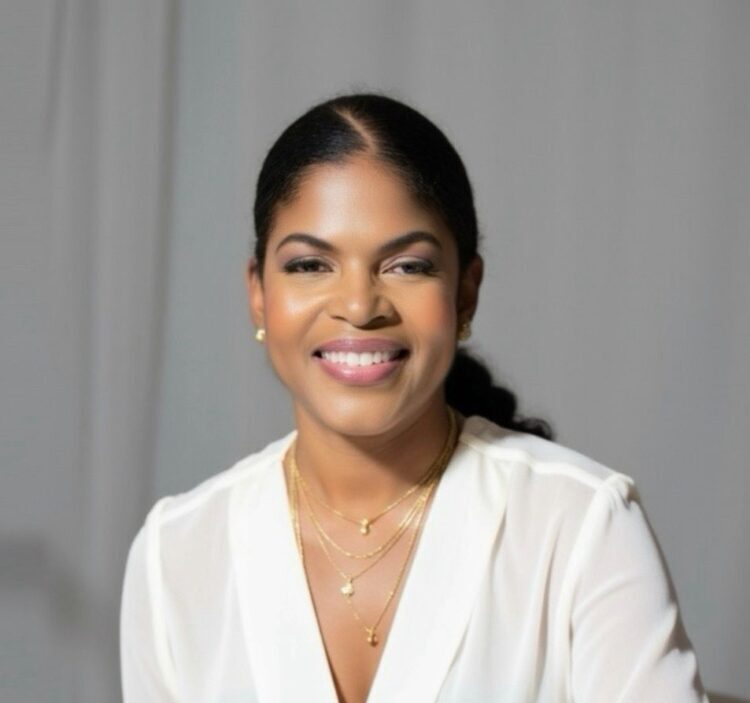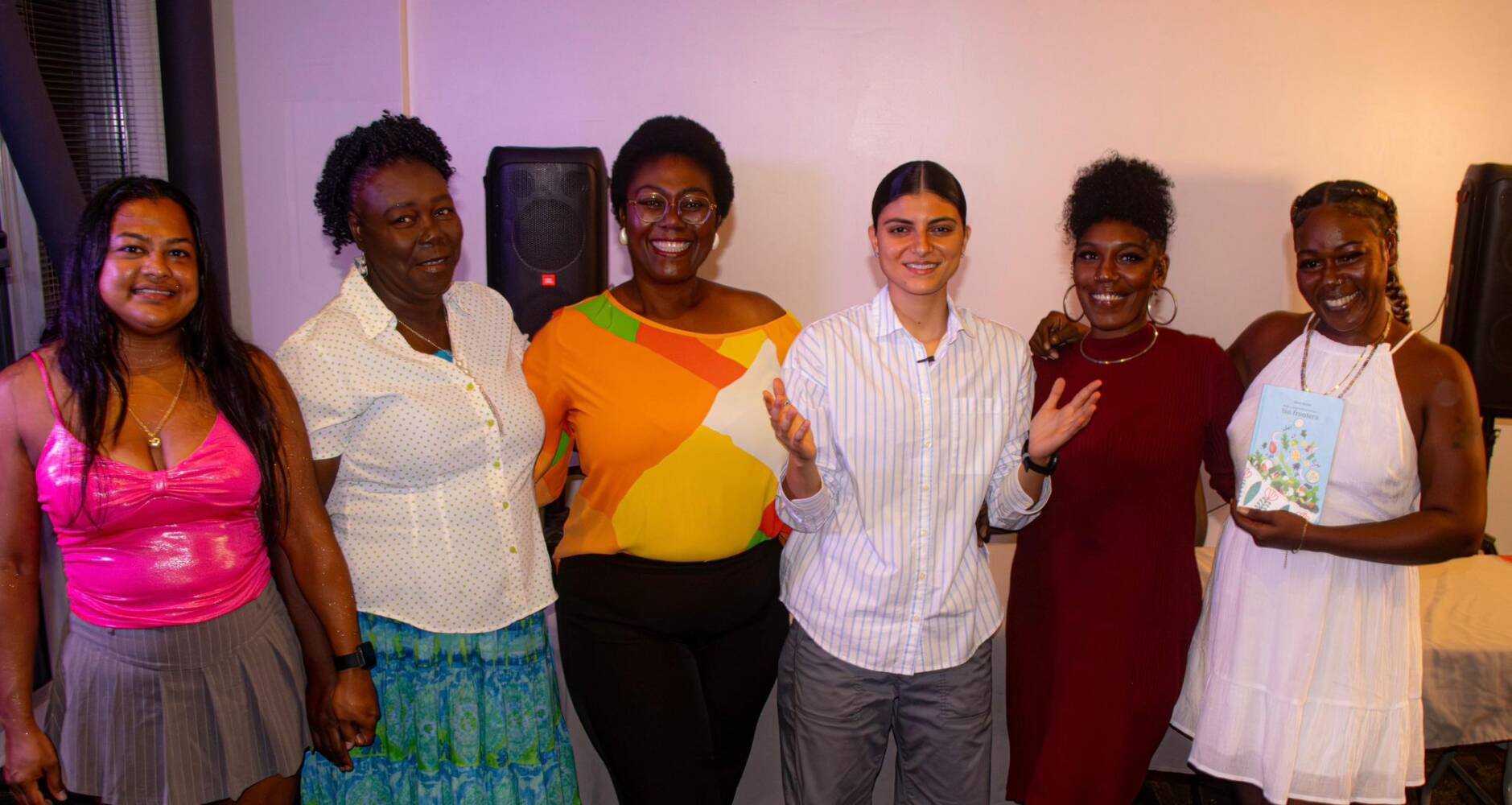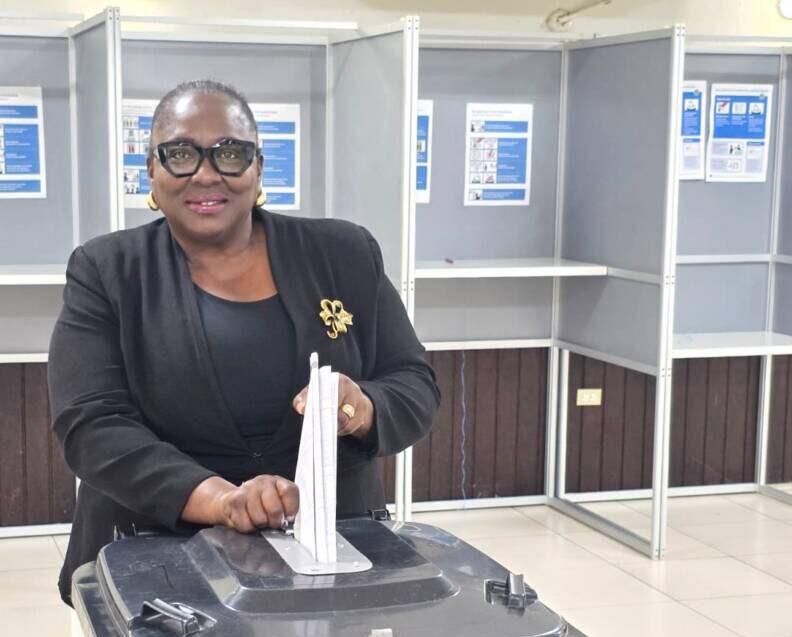AMSTERDAM – The slave register of Aruba will be available online this upcoming summer for all to view, announced Director of the Foundation of Surinamese Genealogy Sjoerd Meijer.
Meijer is working together with historian Okke ten Hove who grew up on Aruba. Over the last five years the two have been collecting and digitizing 498 names of slaves and their owners on Aruba and 7500 on Curaçao. Meijer could not say when the register for Curaçao would be available. However now that the names are known on Aruba, Meijer and Ten Hove hopes to discover names on the other islands.

Historian Coen van Galen from Radboud University in Nijmegen
No money from the Dutch government
Historian Coen van Galen from Radboud University in Nijmegen knows from experience how much work goes into creating an online register of slaves from the colonial period. At the moment he is busy with the slave register for Suriname. He is not receiving financial assistance from the Netherlands to make the 80,000 names of slaves available online. A crowd-funding petition was organized and 539 volunteers had to come forward. The slave register for Suriname will be available online as of July 1, 2018.
Meijer and Ten Hove are working at their own expense. “It is on the one hand a pity that the Dutch government does not feel obliged to invest in this project,” said Meijer. “On the other hand you are in full control of the project and are not committed to requirements of the Netherlands.”

Julian Isenia.
According to Curacolean Wigbertson Julian Isenia (30) who lives in Amsterdam, this illustrates ‘the ambivalent attitude of the Dutch government towards these kinds of initiatives’. Isenia is a PhD student from the University of Amsterdam. “There should be for example money made available for the International Decade for People of African Descent, but the initiative for this must come from the people themselves. The government is very reluctant and has given it little publicity.”
Much interest
Isenia anticipates that the slave registration will gather much interest from citizens. “People of African backgrounds are more inclined to ask questions such as: Who are we? Where do we come from? Where are my roots? Who are my great grandparents and their parents? These questions I am also looking into for myself.”
“For example I am busy formulating my family tree. I notice that there is a lot of information, but we do not ask questions or dig deeper. Digitizing the slave registers makes this a little easier.”
Self-empowerment
Lack of funding is not stopping Meijer and Ten Hove from getting the names of the slaves and their owners online. They consider the subject of great importance. “It’s my history, but also yours,” Meijer concluded.
“In each family on Curaçao and Aruba, but also on the other islands were slaves. I am a descendant of a slave woman freed by her father in 1827. He said: I must free my daughter, for she must not live in slavery. Knowing this makes me proud and strong. This I want to give to all descendants of slaves.”








